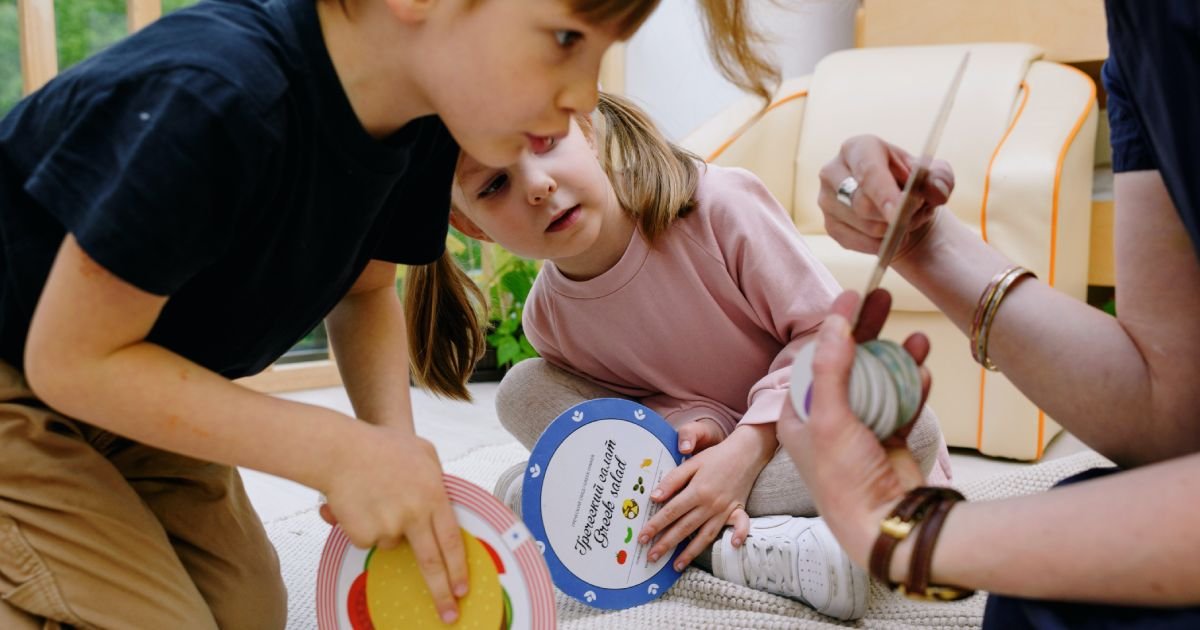Think about two children who are of a similar age, similar upbringing and similar interests. One of them is aware and sensitive about money matters and the other is more or less oblivious.
They are both 10 years old, while one diligently talks about money matters, is calculative and alert about money, the other is just happy to share it all. These are not fictitious characters, they are in fact, my ten-year-old twin boys. My dilemma is that I’m not sure which one is on the right track.
Recently, I was taken aback when one of them was demanding I give him back what I had ‘borrowed’ from his piggy bank and that too with interest. “It’s a loan!” He declared.
I must respect his point of view, but at the same time, it was heartening to hear his twin brother tell him not to worry as he would share savings from his pocket money.
The answer to my dilemma perhaps lies in trying to find the right balance between these two extremes.
It’s good to share
The world has an abundance of everything including money. However, its simply not distributed uniformly across all people. While some have too much, others have too little and then there is an entire waist of the human population which have just enough. This unequal distribution of wealth across the world has resulted in many a problem for entire states and countries and is far from getting resolved.
If your child has a natural propensity to share wealth, then that is a trait worth encouraging. However, make sure you also teach her to be wise with their money.
What that means is that unless, she has sufficient income or assets created to sustain her own lifestyle, sharing or giving away to others will only reduce her ability to serve those in need, in the future.
Your child must first learn the importance of securing an income-generating skill in life. This can be used to earn money on a regular basis. This earning should be put to good use through saving and investing. Once the kitty of investments and assets is enough to sustain one’s own livelihood, then it can be further used to help others. If you end up helping others blindly without securing your own financial state, then you run the risk of driving yourself to rely on other’s charity too.
For children, this is a tedious lesson. Children don’t think of life in terms of balance, they just do what they find joy in and usually take that to an extreme. If your child is inclined to give away savings from the piggy bank, don’t stop it. Rather, when the time comes and your child needs to buy something but realises that there is nothing left in the bank, you will become the natural point to ask for money. At this stage, don’t indulge your child. It’s best if she waits till the next inflow and the next time starts saving again and then buys what they want.
Your child’s natural leaning to share won’t go away since you never discouraged it, but there will be a learning that some amount needs to be kept aside, rather than giving away everything.
It’s also good to be calculative
Then should one discourage too much sensitivity about money? Children who are too sensitive about money tend to be calculative too. Wanting to spend their money sparingly and usually on themselves!
Again, if taken to an extreme, it will only add to the inequality in the world.
At the same time, those who are sensitive about money are also more in tune with it’s worth and able to understand the value money brings to the table.
With a child like this, you have to balance the scales as a parent. If your child has enough of what they need, make an effort to teach them to share the extra. Giving without the expectation of return and giving to those who really need it.
If five of their friends want a loan, then they must be able to assess the most genuine need and filter it from the needs of others who might just be greedy.
In a way, a child who is sensitive and calculative about money has a lot more responsibility to use this awareness in the right manner.
Nurtured well, this disposition to understand money matters well can lead your child to become part of a productive business as an adult which in itself can provide employment and upliftment to society.
As a parent, it is your responsibility to separate greed from this disposition and make it a constructive trait.
When I asked my twins whether taking a loan is good or bad, one said bad for the borrower because there is an interest charge involved. The other was more nonchalant and said, it’s not bad for either, one makes the extra interest and the other has borrowed money because they need it so it helps them. You decide which one is the benevolent twin and which one is calculative!







0 Comments